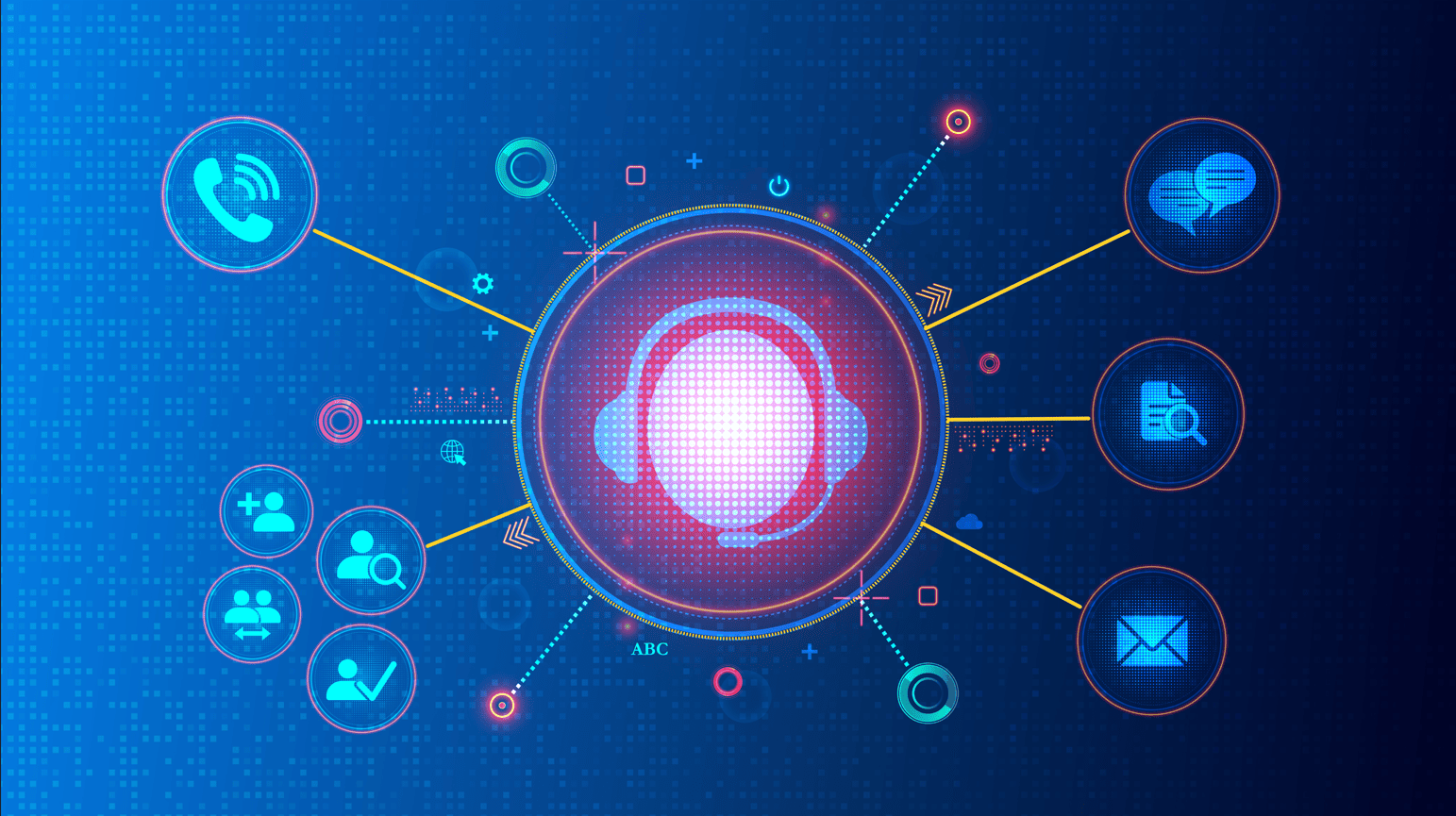In today’s digital world, social media is more than just a tool for connecting with friends — it’s the lens through which many of us view the world. But have you ever stopped to wonder why certain posts, videos, and ads show up on your feed while others don’t?
The answer lies in the invisible force working behind the scenes: social media algorithms.
These algorithms aren’t just deciding what we see — they’re actively shaping our opinions, behaviors, and even our emotions. Let’s dive deeper into how social media algorithms work and the powerful role they play in our online lives.
What Are Social Media Algorithms?
At their core, social media algorithms are a set of rules or calculations that platforms like Instagram, Facebook, TikTok, YouTube, and Twitter (X) use to decide what content appears on your feed.
Their job? To keep you engaged for as long as possible by showing you the posts, videos, or ads you are most likely to interact with.
Each interaction you make — likes, shares, comments, even the time you spend looking at a post — sends a signal to the algorithm about your preferences. In return, it curates a highly personalized experience tailored just for you.
How Algorithms Shape Our Online Experience
1. Personalized Content Curation
Algorithms ensure that what you see on your feed feels highly relevant to your interests. Love travel? Expect to see stunning destination reels. Into fitness? Get ready for workout tips and healthy recipes.
While this personalization makes social media more enjoyable, it can also create echo chambers, limiting the diversity of perspectives we are exposed to.
2. Prioritizing Engagement Over Information
Many algorithms prioritize posts that generate strong reactions — whether it’s love, anger, surprise, or laughter.
This often means emotionally charged or sensational content spreads faster than calm, balanced information, subtly influencing how we perceive events and issues.
3. The Rise of Virality
Algorithms reward content that gains traction quickly. This is why a funny meme or a trending dance can go viral overnight.
However, virality isn’t always about quality — sometimes inaccurate or misleading information can also spread like wildfire, simply because it sparks a reaction.
4. Influencing Shopping and Lifestyle Choices
Ever notice ads for products you were just thinking about? Algorithms track your behavior and predict what you might want to buy, showing you highly targeted ads.
This behavioral targeting can influence your purchasing decisions, often without you even realizing it.
5. Shaping Public Opinion
Because algorithms amplify certain voices and suppress others, they can play a role in shaping public discourse.
Movements, trends, and even political sentiments can gain momentum — or lose visibility — based on algorithmic favor.
The Double-Edged Sword of Algorithms
While algorithms enhance our online experience by making it more personal and engaging, they also come with risks:
- Filter Bubbles: Seeing only what we agree with can make our worldviews narrower.
- Addiction: The never-ending scroll of “just one more post” keeps users hooked longer than they intend.
- Misinformation: Engaging but false content can spread faster than truth.
- Mental Health Impact: Comparing ourselves to carefully curated posts can affect self-esteem and emotional well-being.
Can We Take Control?
While we can’t control how algorithms work entirely, we can be more mindful of how we interact online:
- Diversify your feed: Follow accounts with different viewpoints.
- Question what you see: Don’t take every post at face value.
- Take breaks: Regular digital detoxes can help reset your relationship with social media.
- Support quality content: Like, comment, and share content that promotes positivity, education, and authenticity.
Final Thoughts
Social media algorithms are powerful — silently sculpting the way we experience the world online.
Understanding how they work helps us become more conscious digital citizens, making choices that benefit not just ourselves, but the broader community too.
The next time you find yourself endlessly scrolling, remember: it’s not just random — it’s by design. And knowing that gives you back a little bit of the control.


